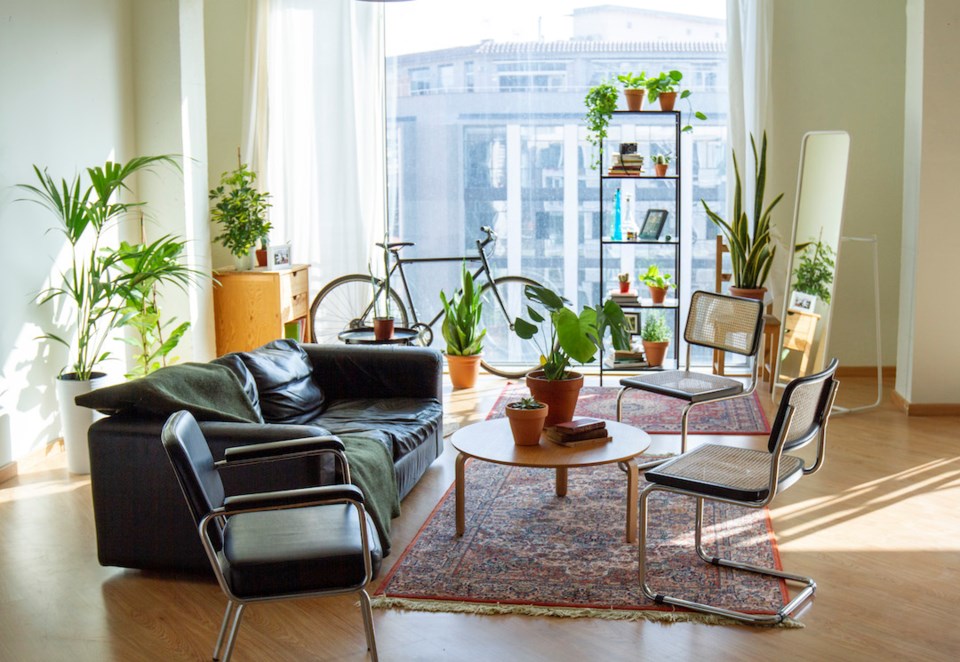After hearing input from the community on short term rentals (STR), Sechelt council members continue to recommend unhosted properties be allowed to be used for that purpose.
At a committee of the whole meeting on April 13, the municipality’s elected officials settled on suggesting allowing 15 residential properties that are not a person’s primary address to operate as STRs in Sechelt. That suggested number will be used as staff prepare a report to council on the next steps in the STR regulation amendment process.
The committee also put forward a suggestion that the Temporary Use Permit (TUP) system be used to vet applications for those operations. In addition, they recommended a second type of commercial STR. That classification would cover properties that are a primary residence and also have more than two separate units are rented out for temporary accommodation. For those operations, the committee recommended a simpler application process than the TUP. That simpler process would also be used for people who wish to rent any number of rooms within their primary residence on an STR basis.
The committee’s recommendations will require council endorsement for finalization. When the recommendations come before council at a public meeting, a staff report is to be included providing proposals related to how compliance and enforcement of any new regulations regarding STRs are to be addressed. The earliest opportunity for the package to come before council would be at its May 4 meeting.
Coun. Alton Toth and Brenda Rowe challenged allowing STRs on secondary, and thereby unhosted, properties. Both expressed that their opposition reflected the recent consultations. Consulting firm Eco-Plan International made a similar observation and also recommended not allowing STRs in secondary residences as a way to protect primary housing rental stock – one of council's goals in undertaking the regulatory review.
Toth suggested encouraging commercial scale or unhosted operations to establish outside of the municipality, in adjacent areas in the regional district. Unhosted STRs on residential properties have been expressly prohibited in the Sunshine Coast Regional District since Oct. 2020. “It’s illegal, sure, but we know it is happening, just like it is happening here," he stated.
He also expressed concern with the use of the TUP process for consideration of commercial STR operations, pointing out that it is “a political process” requiring both a public hearing and a vote at council. Rowe also voiced reservations about TUP requirements, with concerns about pitting neighbouring property owners against each other.
Both softened those original stances, to keep the initiative to develop new STR regulations moving forward.
Speaking in favour of allowing some commercial STR operations was Mayor Darnelda Siegers. She pointed to the lack of hotel accommodation in the community. In her view, if commercial operations were banned, it would take accommodation out of the market and negatively affect tourism in Sechelt.
The committee agreed with the annual STR licensing fee levels recommended by EcoPlan International. Those fees are proposed at $500 for rental of any number of rooms within a primary residence, $900 for rentals involving a separate unit on a property that is also a primary residence and $3,000 for a non-primary residence property.
Application fees were also debated. The committee agreed with the current $1,800 application fee for a TUP, but will be looking to staff to recommend appropriate fee levels for STR applications from primary residential properties. Director of planning Andrew Allen told the committee processing of any application requires about 12 hours of staff time. He noted that the cost of an hour of staff time, including wage, benefits and related costs such as office space, materials etc. is about $100 per hour.
Members of the committee stated they would like to see the revenue from applications and licences cover the full cost of creating and maintaining a more robust STR management program.


